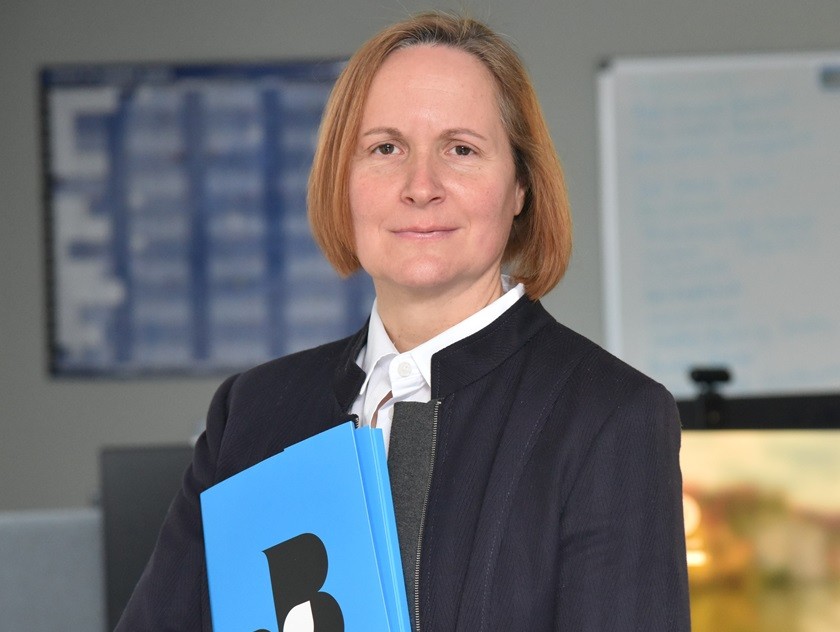Shropshire companies are still struggling to recruit staff – because of a mismatch between the type of jobs on offer, and the roles that people want.
That is one of the headline findings from the latest quarterly economic survey produced by Shropshire Chamber of Commerce.
The report, which covers the first three months of 2024, looks at a range of areas including cashflow, profitability, investment, training, skills and recruitment, international trade, and ‘fear factors’.
“Though the vast majority of jobs posted are for full-time set hour roles, many candidates are looking for part-time or flexi working, causing issues for employers,” said Shropshire Chamber chief executive Ruth Ross.
“We are starting to see a slight shift to more part-time roles being on offer, which may go some way to reducing the mismatch, but it begs the question – will automation and AI be needed to fill the skills gaps?
“Employers tell us they are still seeing candidates with high expectations – often well above their skill set and experience levels. Work ethic and poor soft skills also remain high on the list of negatives articulated by employers.
“Pressure for higher wages, greater flexibility and other benefits continue to be felt, but there were also some significant positives in this latest survey, including a 10% rise in companies reporting increased profitability.”
More than 40% of companies which responded to the latest survey said sales had remained static, and over half said they expected this to continue for the coming months.
One local manufacturer said: “It has become far more challenging to export, with extra costs and red tape. The Red Sea situation isn’t helping due to increased insurance and/or freight costs. Minimum wage increases, fuel prices and increases in hybrid car costs are also not helping with overall cost control.”
A hospitality business said: “We have implemented a complete price increase across all products in April to try to absorb the increase in National Minimum Wage and salaries.”
An employer from the retail and wholesale sector said: “The cost of living crisis is impacting all of our customer base. There is less demand from consumers who have less disposable income.”
And a marketing and media business said: “There is still a huge amount of uncertainty out there – exacerbated by the political situation and upcoming general election, making trade uncertain.”
The survey revealed that nearly a quarter of Shropshire firms had reduced their plans to invest in plant and machinery – while more than 80% of companies said they were having to offer higher wages to attract new staff.
It also showed that nearly a third of businesses are seeing a rise in bad debts, and more than a quarter said credit terms were getting worse.
The quarterly economic survey results are fed into the British Chambers of Commerce database and also used by the Government and Bank of England to shape economic policy.
It has been charting economic trends across Shropshire since 2009, and is open to businesses of all sizes in Shropshire and Telford & Wrekin – not just Chamber members.
Ruth added: “We encourage all companies to feed into this survey, because the greater the business voice, the more valuable the information becomes. The data is used both locally and nationally to lobby those in power on main topics of concern in our county.”